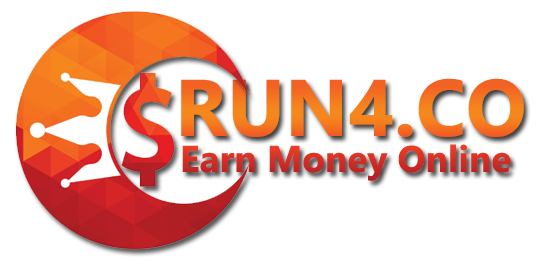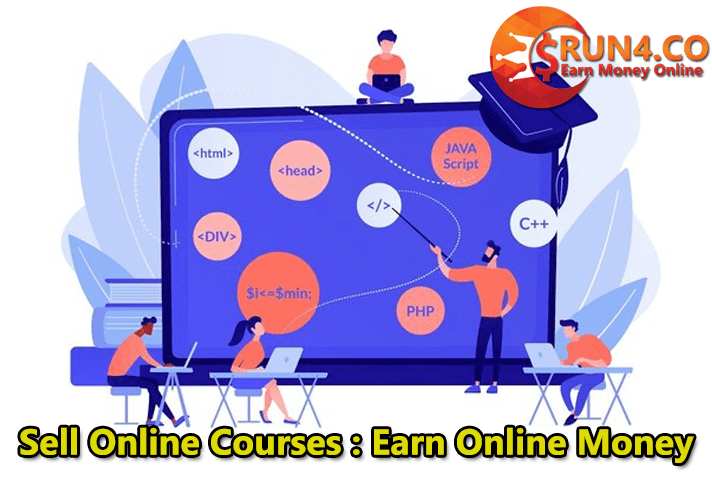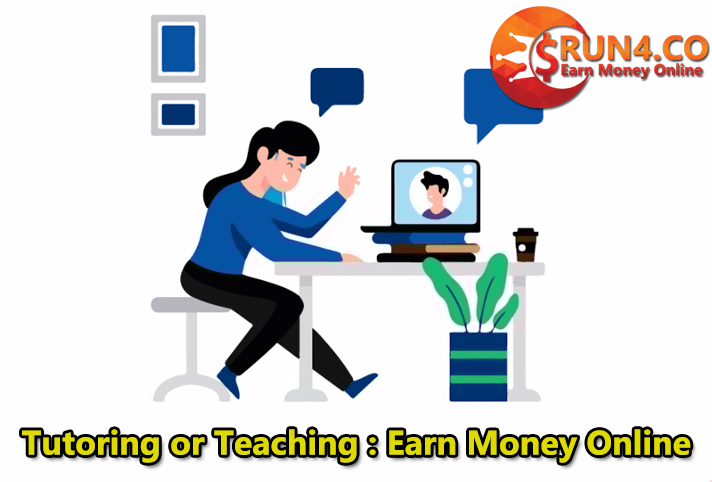
Online courses are a form of distance learning that allows individuals to take classes and earn credentials over the internet. These courses can be self-paced or instructor-led, and they can be taken on a variety of platforms such as e-learning websites, video conferencing software or mobile apps. They can be used for a variety of purposes such as professional development, personal growth, or academic credit.
Online courses can come in many forms, some of which include:
- MOOCs (Massive Open Online Courses): These are online courses that are open to anyone and are usually free to take.
- Self-paced online courses: These are online courses that allow students to learn at their own pace, and they often have no set schedule for completing the course.
- Synchronous online courses: These are online courses that have set meeting times and are conducted in real-time, usually through video conferencing software.
- Asynchronous online courses: These are online courses that do not have set meeting times, and students can access course materials and complete assignments on their own schedule.
Online courses can be a convenient and flexible way to learn, and can be a great way to acquire new skills, knowledge and credentials. They can also be a great way to earn money by creating and selling your own course.
Where To Start Your Online Course?
Creating and selling online courses can be a great way to share your knowledge and expertise with others and earn money at the same time. Here are some steps to help you get started:
- Identify your area of expertise: Choose a topic or subject that you are knowledgeable and passionate about, and that has a potential audience.
- Conduct market research: Research the market to see what similar courses are available and what demand there is for your course.
- Plan your course: Develop a detailed outline of your course, including the topics you will cover and the format of your lessons.
- Create your course content: Use a variety of multimedia to create engaging and informative content for your course, such as videos, audio recordings, presentations, and quizzes.
- Choose a platform: Decide on a platform to host your course, such as Udemy, Skillshare, or your own website.
- Set your price: Decide on a price for your course, taking into account the value of your course and the prices of similar courses on the market.
- Market your course: Promote your course through social media, email marketing, and other online channels to reach a wider audience.
- Monitor and improve: Monitor the progress of your course and use the data and feedback to improve it, and to make any necessary adjustments to your marketing strategy.
Creating and selling online courses can be a great way to share your knowledge and expertise with others and earn money at the same time. However, it does take time and effort to create a successful course and market it effectively.
Where i Can Sell My Online Course?
There are several platforms where you can sell your online course, including:
- Udemy: Udemy is one of the most popular online course marketplaces, with over 50 million students worldwide. It is easy to use, and it allows you to reach a large audience.
- Coursera: Coursera is another popular online learning platform. It offers a wide range of courses and allows you to reach a large and diverse audience.
- Skillshare: Skillshare is a platform that focuses on creative and design courses. It allows you to share your knowledge and expertise with a community of students.
- Teachable: Teachable is a user-friendly platform that allows you to create, market, and sell your own online courses. It has a variety of features that can help you create an engaging and professional course.
- Thinkific: Thinkific is another platform for building, marketing and selling online courses. It is user-friendly and offers a wide range of features that can help you create and promote your course.
- Your own website: You can also sell your course on your own website using a payment gateway like Stripe or PayPal. This will give you more control over the branding, marketing, and pricing of your course.
It’s important to consider the features and audience of each platform, and choose the one that best aligns with your goals and the needs of your target market.
How To Promote Your Online Course?
Promoting your online course is an essential step in attracting students and making your course a success. Here are some strategies you can use to promote your online course:
- Utilize social media: Use social media platforms like Facebook, Instagram, and Twitter to promote your course and reach a wider audience.
- Create valuable content: Create valuable and relevant content such as blog posts, videos, and infographics that are related to your course to attract potential students.
- Optimize for SEO: Optimize your website and course landing page for search engines to increase visibility and drive more traffic to your course.
- Leverage email marketing: Use email marketing to promote your course to your email list and target potential students.
- Offer a free trial or preview: Offer a free trial or preview of your course to attract potential students and give them a taste of what your course has to offer.
- Leverage influencer marketing: Reach out to influencers in your niche and ask them to promote your course to their followers.
- Use paid advertising: Use paid advertising platforms like Google AdWords or Facebook Ads to reach a wider audience and drive more traffic to your course landing page.
- Create a landing page: Create a landing page for your course that is optimized for conversions and includes a clear call-to-action.
- Leverage partnerships and collaborations: Reach out to complementary businesses or educators and ask them to promote your course to their audience.
Promoting your online course takes time and effort, but with the right strategies in place, you can attract more students and make your course a success.




